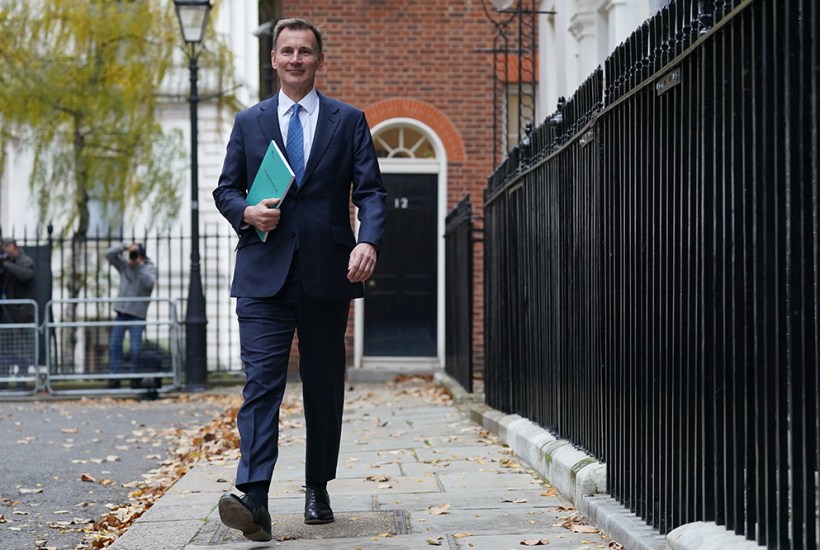Just a year ago, Jeremy Hunt played Scrooge at the despatch box. In an attempt to regain market credibility following Liz Truss’s mini-Budget, Rishi Sunak’s new government announced £30 billion of spending cuts (largely pencilled in for after the election) and £25 billion of tax rises. It was a far cry from the summer leadership contest, when Truss and Sunak promised to lower the tax burden.
Already a subscriber? Log in
Subscribe for just $2 a week
Try a month of The Spectator Australia absolutely free and without commitment. Not only that but – if you choose to continue – you’ll pay just $2 a week for your first year.
- Unlimited access to spectator.com.au and app
- The weekly edition on the Spectator Australia app
- Spectator podcasts and newsletters
- Full access to spectator.co.uk
Or
Unlock this article
You might disagree with half of it, but you’ll enjoy reading all of it. Try your first month for free, then just $2 a week for the remainder of your first year.









Comments
Don't miss out
Join the conversation with other Spectator Australia readers. Subscribe to leave a comment.
SUBSCRIBEAlready a subscriber? Log in